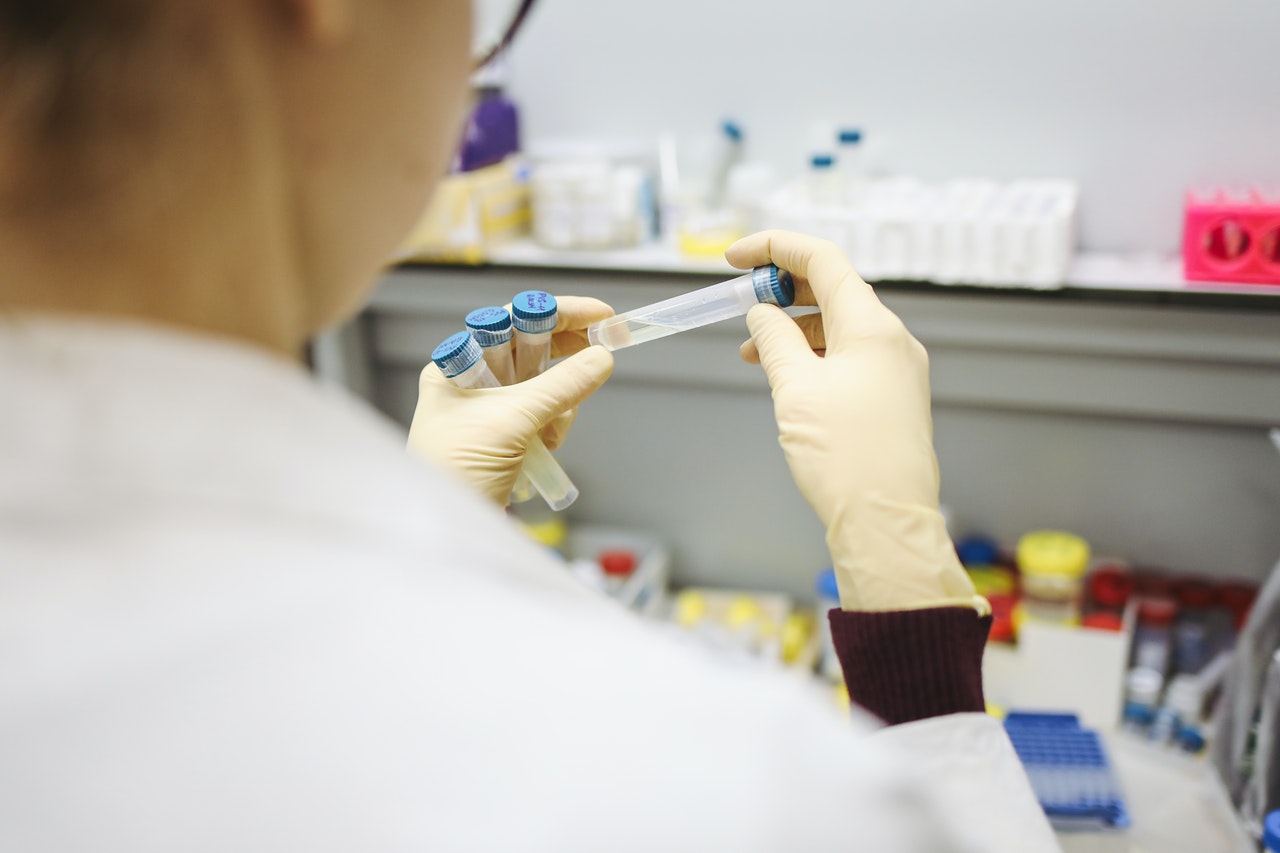London’s Nightingale Hospital remains in a “state of readiness” in anticipation of a second wave of coronavirus, an NHS chief has said.
The temporary hospital was built at the Excel Centre in early March with 4,000 intensive-care beds.
NHS leaders feared London’s hospitals would be overwhelmed with critically-ill patients, and the Army was brought in to help build it in nine days.
However, the Nightingale stopped admitting new patients in early May after receiving just 41 people.
Now, a senior manager at Barts Health Trust, the NHS body that runs the Nightingale, has said it could still be needed.
Andrew Hines, the Trust’s group director of corporate development, said: “We very much maintain the Nightingale at the moment in a state of readiness for future requirements, and that’s an active process requiring significant work to ensure it can meet the task, if we are asked to reopen that capacity. But thankfully at the moment it remains in a state of readiness.”
His statement, during a trust board meeting on 5 June, underlines speculation that a second wave could come later this year, and that it could harm as many patients as were infected during the first wave.
Mr Hines also explained why the Nightingale saw so few patients before it closed.
NOW READ: Mayor to review statues with slavery links following BLM protests
He said: “It’s a real positive that the Nightingale hasn’t been required at the level of capacity that we initially envisaged might be necessary, and that’s really for two reasons.
“The success of the NHS in London and beyond in freeing up critical care capacity and expanding capacity to cope with the peak demand. And … I think because Londoners as a whole have really risen to the challenge of social distancing and have minimised transmission, in a way that the peak has clearly been lower than it might have been.”
Also on June 5, leading health experts warned the Government that it should prepare for a second wave of infections by holding an inquiry into how the country has responded to Covid-19 so far.
In an open letter published in the Guardian newspaper, the March for Change campaign, wrote: “If, as seems probable, there is a second wave this winter, many more will die unless we find quick, practical solutions to some of the structural problems that have made implementing an effective response so difficult.”
The letter was co-signed by Anthony Costello, professor of global health and sustainable development at University College London (UCL), Ruth Gilbert, professor of clinical epidemiology at UCL, Mark Gilthorpe professor of statistical epidemiology at the University of Leeds and Deenan Pillay professor of virology at UCL.
For the latest headlines from the City of London and beyond, follow City Matters on Twitter, Instagram and LinkedIn.








